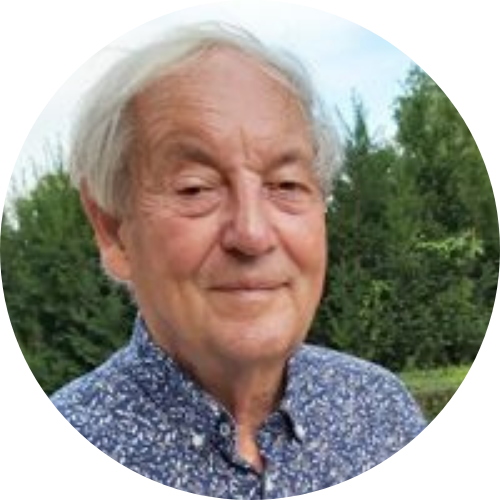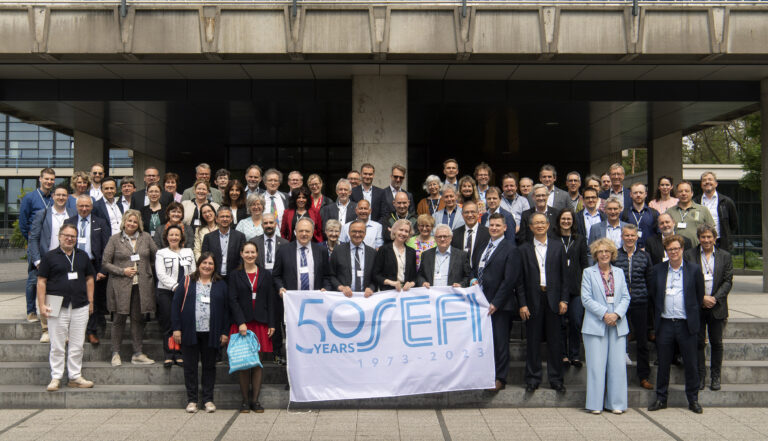The SEFI Fellowship Award recognises meritorious service to engineering education in Europe. Award recipients may…

Günter Heitmann was nominated as the 2021 recipient of the Leonardo da Vinci Medal and final winner of such award.
His nomination stood on the grounds of the fact that Günter has cared for engineering education for more than 50 years, starting in the Sixties of the last century as a student member in the German Commission for Engineering Education. In 1972, he co-founded the “Institut für Hochschuldidaktik” at TU Berlin, one of the first Centers for Teaching and Learning in Higher Education in Germany. Already at that time, they proposed to turn engineering education upside down and start with project based and research-oriented learning from the very beginning instead of focusing solely on physics and mathematics.
These activities led to the establishment of a SEFI working group on curriculum development in 1974 which he chaired for 25 years. In this capacity he co- organized and contributed to more than 20 workshops and conferences. While he continued to be active in SEFI and at the national level in different networks and committees on didactics, quality assurance, and curriculum development (e.g., as a member of the advisory group for engineering education at the German Association of Engineers (VDI) for 15 years) he became increasingly engaged at the European and international level. He played an important role during the Bologna process making sure that the quality of engineering education does not suffer from the transformation into the 2-cycle system. So, he took special interest in quality assurance and accreditation which had to be shaped in the first years of the new century. He heavily contributed to the development of the EUR-ACE quality label of ENAEE which later became pretty successful and widespread across the Bologna area and beyond. This was not easy since the European countries had very different approaches and structures in their respective engineering programs that had to be reconciled.
As a recognised European expert on engineering education, he also reached out to US organisations such as ASEE or ABET and established exchange and cooperation with the European counterparts. He continued and even extended his activities after his retirement at TU Berlin in 2003 and contributed to various working groups and networks in the context of quality and quality assurance of engineering education in the Bologna process.
He committed his entire professional lifetime, which in his case spans 50 years, to enhance the quality of engineering curricula. He has been an active and influential companion of the transformations European engineering education underwent in the last decades. He may not have been that much in the spotlight but those who worked with him have to agree that his relentless commitment and his significant and continuous contributions over his lifetime are outstanding.
Fragment from the nomination letter by Prof. Dr. Hans-Ulrich Heiss. Embeded please find the full text, the laudation speech and video of the ceremony.
